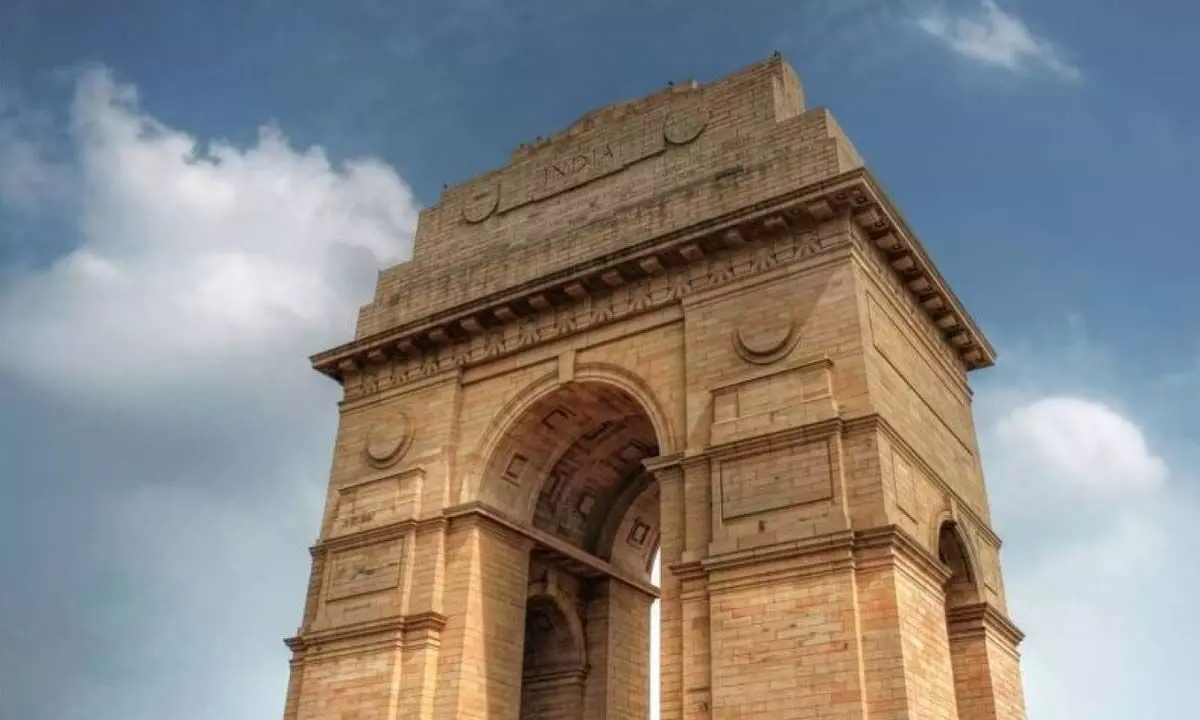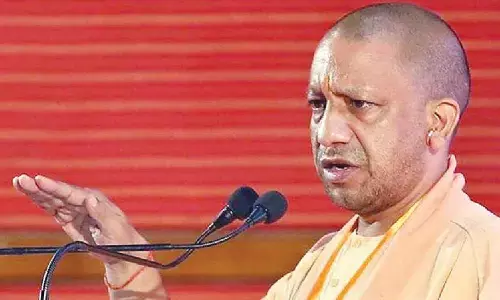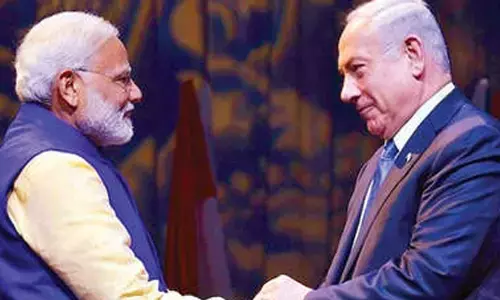Phrasal Movement in Indian English Poetry

Phrasal Movement in Indian English Poetry
Maharshi Aurobindo, Nissim Ezekiel, Kamala Das and Arbind Kumar Choudhary have been popularly called Indian Milton, Father of post-independence Indian English verse, Indian Sylvia Plath and the Phrasal King in the contemporary history of Indian English poetry.
Maharshi Aurobindo, Nissim Ezekiel, Kamala Das and Arbind Kumar Choudhary have been popularly called Indian Milton, Father of post-independence Indian English verse, Indian Sylvia Plath and the Phrasal King in the contemporary history of Indian English poetry. Prof. NDR Chandra, the former Vice–Chancellor of Bastar University, inhales the phrasal fragrance of the phrasal passages of Arbind Kumar Choudhary and exhales his critical appreciation in his edited anthology entitled Phrasal Movement in Indian English Poetry. No other Indian English Poets have propounded the poetic philosophy nor have they experimented with various forms of versifications except Arbind Kumar Choudhary, who has not only propounded his philosophy of suffering, love, nature and poetry in Melody, Love, Nature and The Poet, respectively but also explored Indianised Version of Arbindonean Sonnets, Arbindonean Racy Style of Versification and The Phrasal Movement in Indian English Poetry. His Tagorean multiplicity, Aurobindonean cultural heraldry and Ezekielean satiric tone make him a poet of global repute without dispute. Prof. S.M. Pahadiya becomes the suitor of his mythical passages that blend Indian, Greek and Roman mythology to its utmost degrees. Ram, Sita, Radha, Meera, Vaman, Shakuntala, Panchali and others go side by side with their Western counterparts Helen, Adonis, Jove, Cynthia, Endymion, Hyperion, Lamia, Demeter and many others all through his works. Prof. S.C Dwivedi of Allahabad University goes through the pros and cons of his verses and calls him great in wisdom, exceedingly rich in intelligence, full of poetic sensibility and rich in imagination and wit. So far, his poetic composition is concerned; Choudhary is second to none in Indian English literature. Arbindonean School of Poetry bridges the gap between Aurobindonean and Ezekielean School of Poetry on the one hand and the rift between the pre and post-independence Indian writing in English on the other. Tagorean poetic passage, Aurobindonean cultural heraldry, Ezekielean burning issues and feminine poetic sensibility flourish all together from one verse to another, establishing a new school of poetry popularly called the Arbindonean School of Poetry in a contemporary creative milieu in India.
Comparing Arbind Kumar Choudhary with John Keats, the critics observe a number of similar romantic poetic qualities. Keatsean flavour of sensuous imagery, mythical magnificence, proverbial passage, phrasal fragrance and pictorial elements are frequently found across his poetic worlds that justify his claims for the crown of Indian Keats in Indian English Poetry. What that makes a distinction between these two Romantic poets is his blending of the Eastern and the Western mythology in all his conscience. Prof. NDR Chandra observes Spenserian poetic pigments- sensuousness, pictorial painting, mythical abundance, racy style, proverbial passage, epical flavour, imaginative vision and emotional outburst all through his creative groves that make him the successor of Spenser in English poetry in general and Indian English Poetry in particular. The poet is a word magician who uses numerous innovative and striking words in one passage after another to make the content fiery and forceful for the readers and the critics alike. Arbind Kumar Choudhary is a phrasal drunkard in Indian English Poetry.
(Prof Shiv Sethi is an Internationally acclaimed literary Critic and Columnist)




